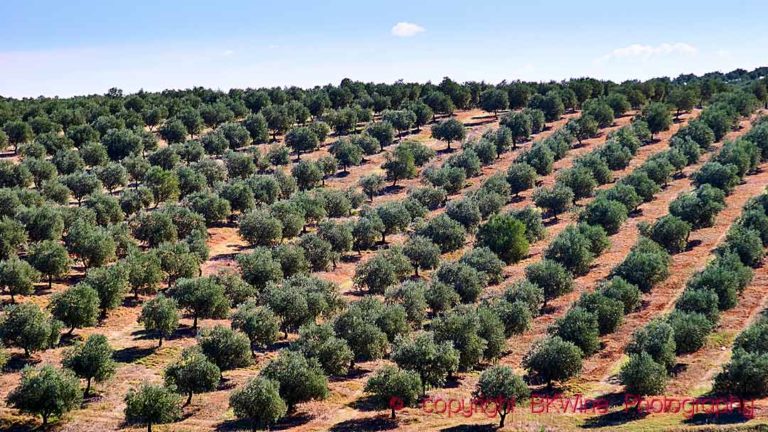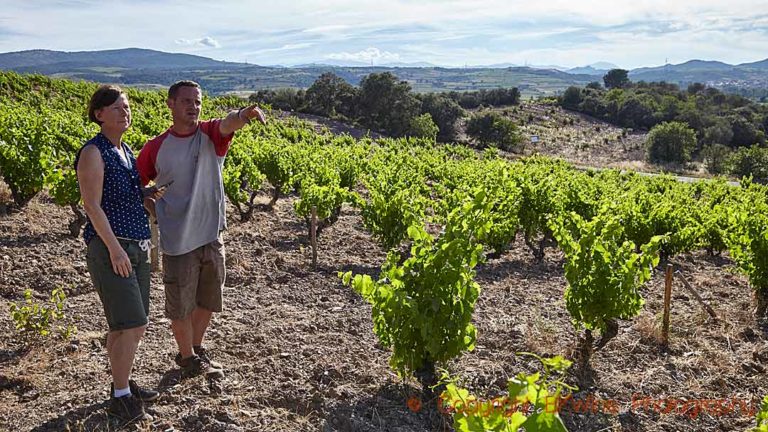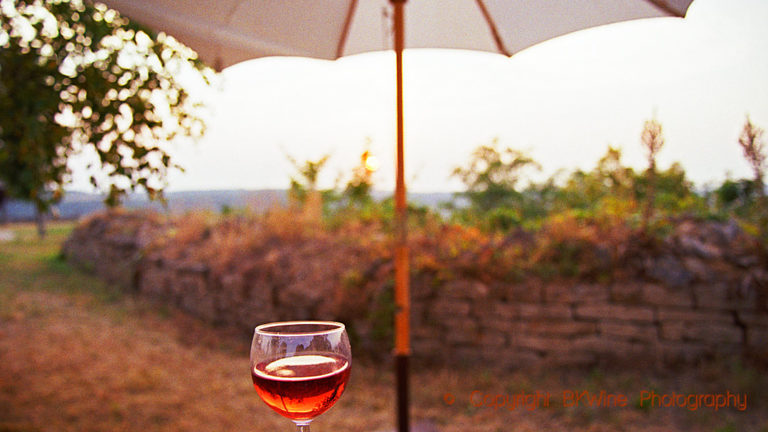

 The unpredictable weather and the importance of water
The unpredictable weather and the importance of water
The weather is unpredictable and even more so right now it seems. Admittedly, it is said that farmers (and wine growers are just that) always complain about the weather. But I am beginning to think that they have every right to it. Long periods of drought, abnormal amounts of rain that come over a very short period of time with floods and diseases in the vineyards as a result, violent hailstorms destroying everything in their path,… is nothing unusual today. We have seen all this in France in recent years and also in other countries.
What is worst is hard to say. Different weather challenges strain the wine farmers in different ways. And no matter how inventive you are, there is no protection that is absolutely perfect.
In the Loire, they experiment with a new protection against frost, a tarpaulin, read about it in the Brief. Another new method we just heard about is spraying with pectin and apple.
Another example: drought and irrigation. It is great to be able to take to irrigation when you do not have enough rain. Provided you have access to water. You don’t always have that. The South African wine districts have had several years of severe drought, until recently. The Western Cape, which includes Cape Town and the wine regions, is completely dependent on rainwater for its water supply. Normally, it rains in the winter and the water dams fill up. But during three winters it did not rain and in February 2018 the dams began to look alarmingly empty. With strict water rationing they managed to avoid the worst. And when winter came, it finally started to rain and in September the dams were full enough so that the worst danger could be considered to be over. Now, things are looking better for the South African wine producers.
Rain-free summers are becoming a problem even in southern France and other parts of southern Europe. And the French, like the others, are changing. They start irrigating, a thing that they previously looked down upon. Today you see it both here and there in, for example, the Languedoc. But irrigation has actually been allowed in Europe for many years, which is not so well known. There are, of course, local rules that can prohibit it, and it is more common for simpler wines.
The New World wines could never be as good as the Old World ones, some people used to say in Europe, because they came from irrigated grapes. We know that is not true today. In many parts of the New World, without irrigation grapes could not be grown at all. Today we know that it is better to give the vines a little water rather than to let them be overly stressed by water shortages. The vine is a resistant and adaptable plant but only to a certain limit. It is said that “the vine should suffer” (though it is a doubtful rule of thumb), but it must not go too far.
Then there is the question of how far it is acceptable to go, before it is considered to falsify the original character. A few years ago, some people tried to use tarpaulin against frost in Chablis, but it was quickly forbidden by the INAO because, at the time, it was considered that it manipulated the vines’ immediate environment too much.
Perhaps the recurring frosts and repeated droughts (not to mention hail) have made the rule-makers more liberal, for the benefit of wine producers as well as for us wine consumers. Or does this perhaps corrupt the wine’s original character? No, hardly.
An excellent opportunity to verify that South Africa is still making great wines despite drought, is the wine tour to South Africa’s wine regions in February next year. A wonderful wine country.
When you come on one of our wine tours, you can be sure that you will get the most knowledgeable and insightful wine guide that you can get on a wine tour. Our mission is to make a memorable trip, not to sell wine. We bring you into the world of wine, in the wine regions, for a very special travel experience. Ask our previous travellers if you don’t believe me!
Britt & Per
PS: Recommend to your friends to read the Brief !
[box type=”alert” size=”large” style=”rounded” border=”full”]This is just the introduction to the latest issue of the Brief. Subscribe to the BKWine Brief and you will get the whole edition in your mailbox next month.[/box]









